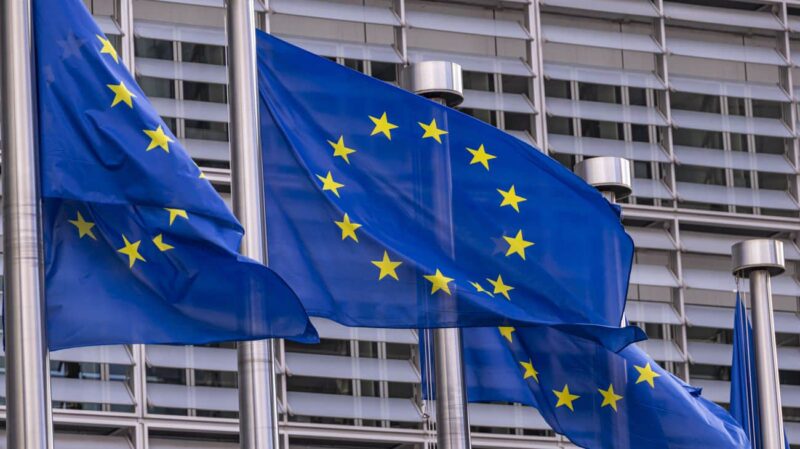The European Commission has abandoned the idea of banning the import of Russian liquefied natural gas (LNG): what lies behind the decision

Amid tense energy sanctions and political maneuvering, key players in the European Union have nonetheless chosen a cautious approach regarding Russian liquefied natural gas (LNG). According to information obtained from sources within the European Commission and confirmed by Reuters, Brussels is currently refusing to introduce a ban on Russian LNG imports as part of the next package of anti-Russian sanctions. According to sources from "European Pravda," the decision not to support such a ban was made after discussions with EU member states, which expressed varying opinions on the issue. Primarily, the refusal is motivated by concerns about potential economic and political consequences: some governments warn that such restrictions could create even greater energy instability amid the already tense context of war and sanctions policies. Another important factor is the uncertainty surrounding the search for alternative gas sources. Russian LNG remains one of the key energy resources for EU countries, and officials fear that a complete ban could lead to significant price increases, reduced energy security, and even new dependencies. Among the arguments are also fears of creating additional problems in trade relations with the United States, which is the third-largest supplier of gas to Europe after Russia and Norway. This decision came as a surprise to analysts in Europe, as earlier this year the European Commission was considering a ban on Russian LNG imports. At that time, the plan was to include this restriction in the 16th sanctions package, but now the idea has been abandoned and replaced with a new strategy outlined in documents aimed at reducing energy dependence on Russia. A road map is expected to be published in early May, which, according to sources, is intended to help the EU completely eliminate Russian energy imports by 2027. The details of this plan remain confidential, but it is known that the main focus is on diversifying supply sources and actively developing alternative energy resources. Meanwhile, Lithuania has reported that the 17th sanctions package may include specific measures against Russian entities, in particular "Rosatom," as well as potential restrictions on the export of Russian LNG and "shadow" fleet activities of the Russian Federation. This indicates that, although a specific LNG ban has been rejected, the issue of energy sanctions continues to be on the European policymakers’ agenda. Thus, the current decision reflects strategic caution and an attempt to avoid additional challenges in the energy and political spheres. At the same time, it highlights the complexity of balancing efforts to increase economic pressure on Moscow with maintaining the stability of the EU’s internal energy market.

